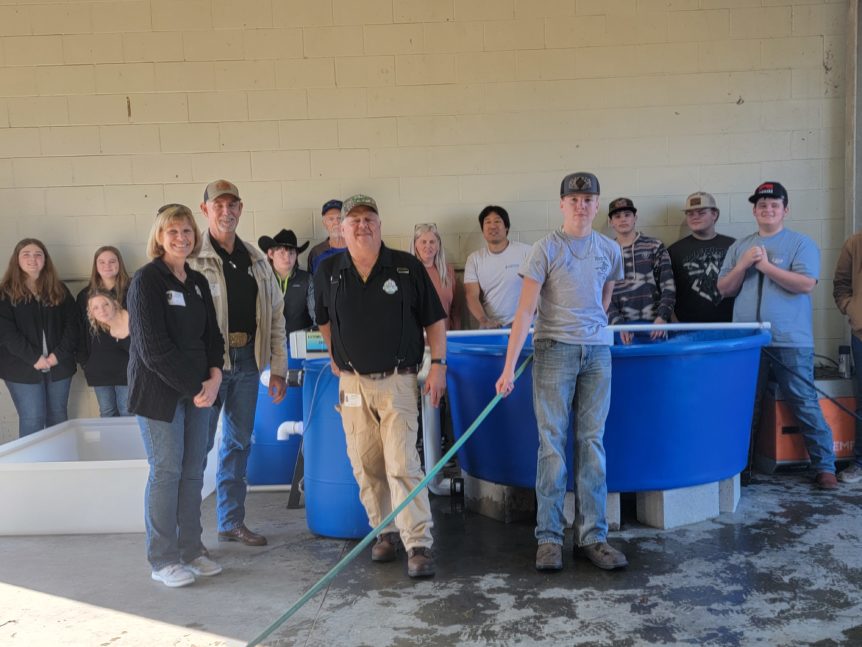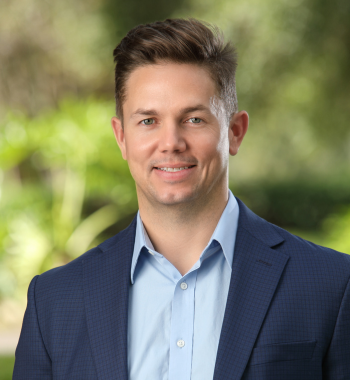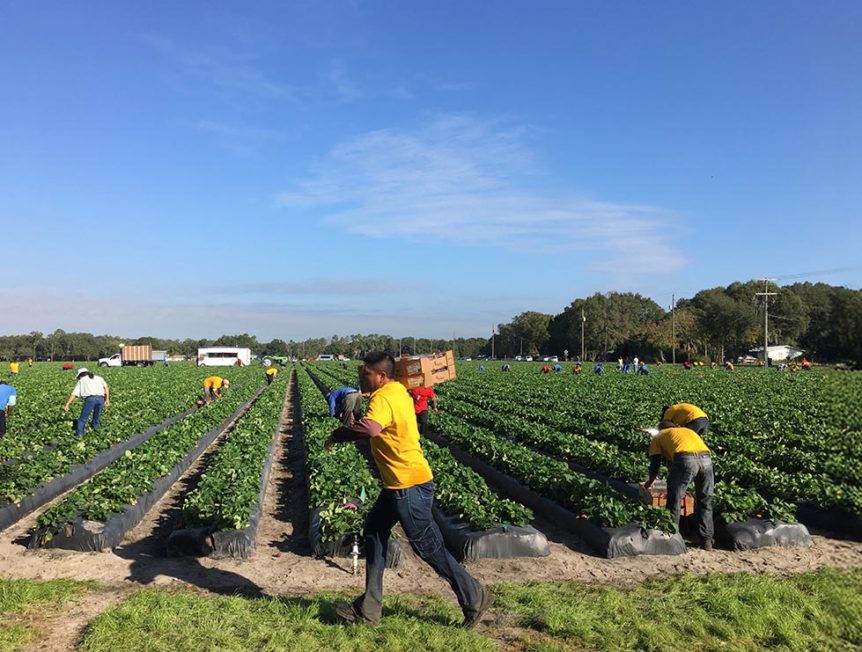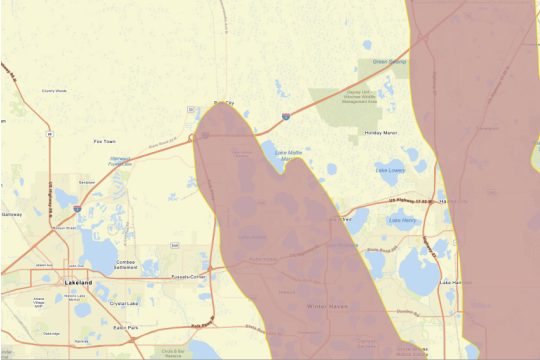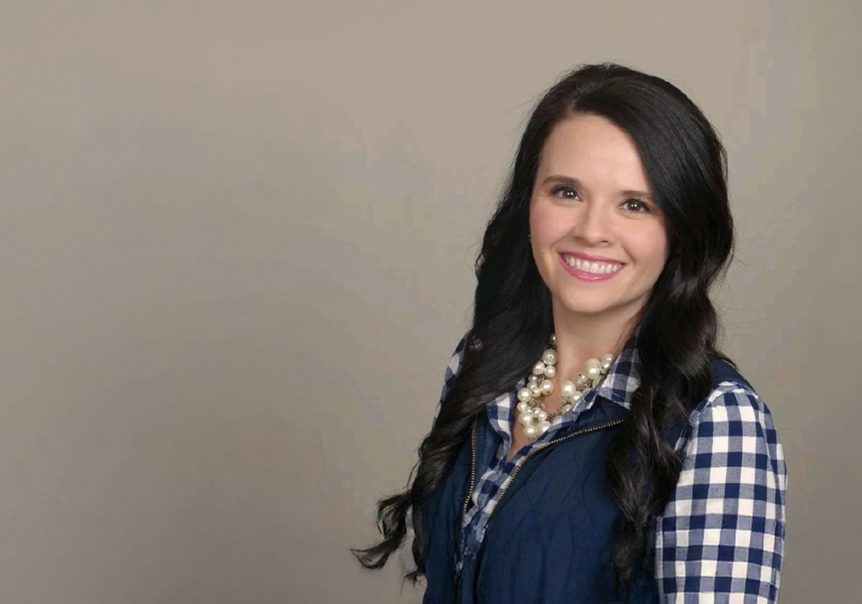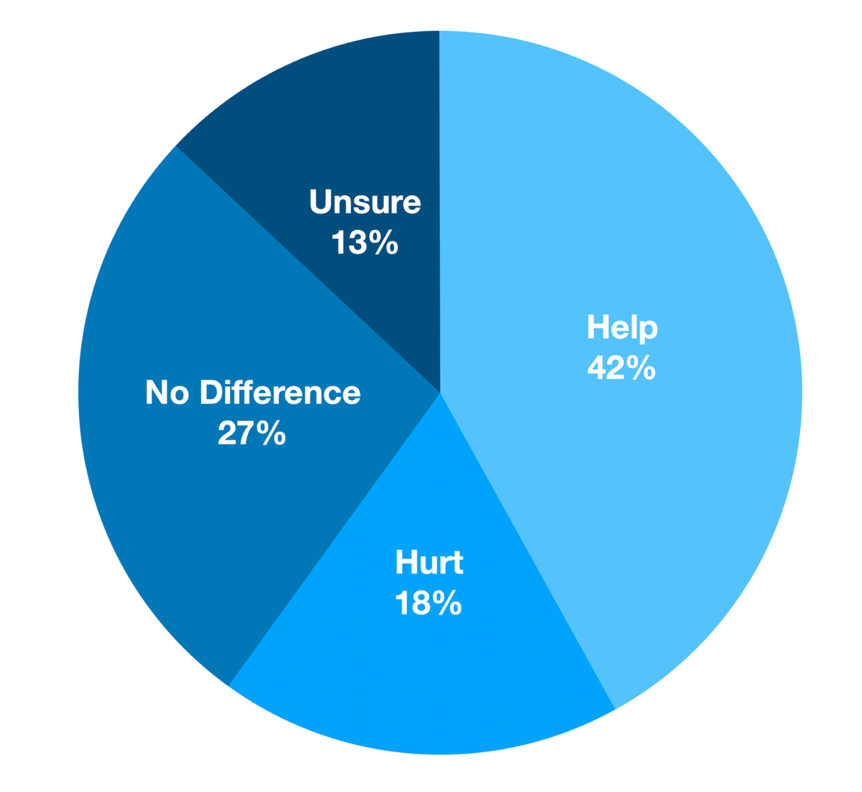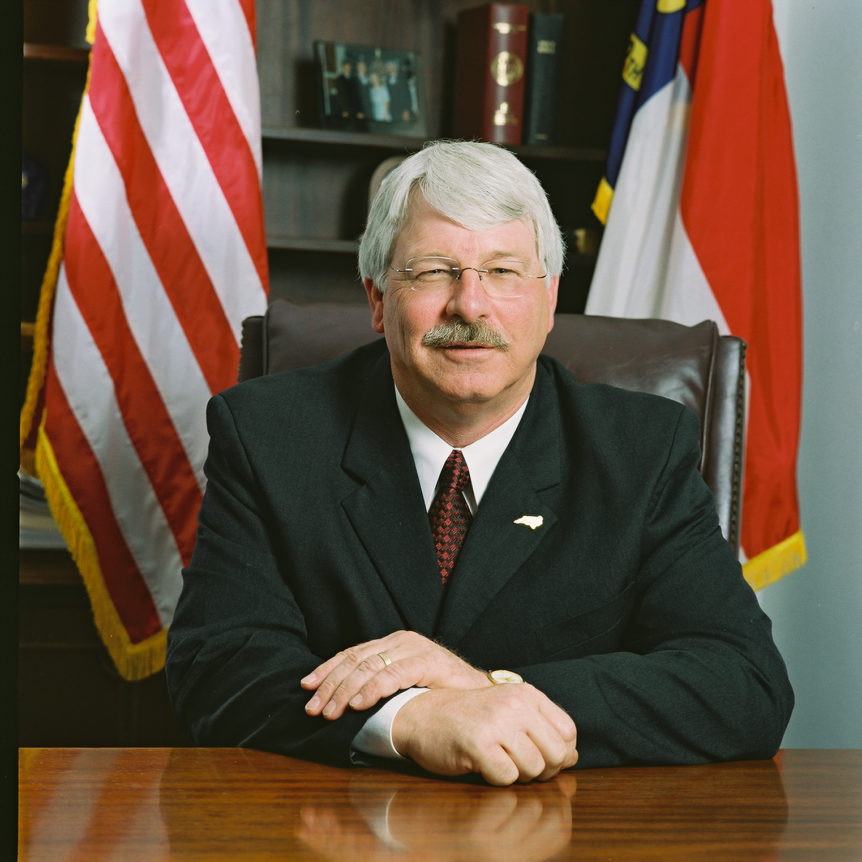The best time to prepare is before a crisis, not during one. In this month’s sneak peek, the January issue of Specialty Crop Grower Magazine highlights food safety and the different protocols that farming operations should have in place from top to bottom. Maile Gradison, a partner with Hogan Lovells, a Washington DC-based law firm, has experience with the Food …
Specialty Crop Grower Magazine: Green Jean Foundation Seeks to Inspire Next Generation of Agriculturists
By Frank Giles Matt Palmer’s career in agriculture has spanned 30 years. It was a rewarding path that exposed him to the men and women who grow our food and fiber. But over the course of those years, he has witnessed the disturbing trend of declining farm numbers and the aging of the American farmer. Currently, only about 1.2% of …
Specialty Crop Grower Magazine: AEWR Ruling a Win for Agriculture
By Frank Giles There has been a lot of breaking news on the labor front lately. More came down just as we were set to send this issue to the printer. In late August, a federal court in Louisiana vacated the U.S. Department of Labor’s (DOL) 2023 Adverse Effect Wage Rate (AEWR) Methodology rule. Opponents of the methodology applauded the …
Sneak Peek: September 2025 Specialty Crop Grower Magazine
The September issue of Specialty Crop Grower Magazine highlights the recent Citrus & Specialty Crop Expo held on Aug. 20-21 in Tampa, Florida. Attendees learned from various researchers and industry specialists about information pertinent to the citrus and fruit and vegetable industries. Land-grant universities are gearing up for a technological revolution. The University of Florida Institute of Food and Agricultural …
Specialty Crop Grower Magazine: Addressing Farm Labor in a Divided Political Environment
By Frank Giles It has been busy on the ag labor front recently. There have been several announcements at the federal level amid continued deportation efforts by the Trump administration. In late June, Department of Labor (DOL) Secretary Lori Chavez DeRemer gave comments regarding the agency’s H-2A program during the Western Governors Association meeting in New Mexico. She acknowledged the …
Specialty Crop Grower Magazine: The Last Word
It’s Time to Compete -Fairly By Robert Guenther The termination of the U.S.–Mexico Tomato Suspension Agreement isn’t just the end of a flawed trade deal. It’s a turning point for American tomato growers and, more broadly, for how this country chooses to defend its agricultural backbone in a global economy. For nearly 30 years, domestic producers operated under suspension agreements …
Specialty Crop Grower Magazine: Endangered Species on Your Label/Do You Know How to Comply?
By Brett Bultemeier EDITOR’S NOTE: This is the second in a series of two articles on pesticide label changes related to the Endangered Species Act. In the May issue of Specialty Crop Grower, “Endangered Species Act compliance for herbicide application” discussed the need to check your points related to erosion and runoff. If you haven’t read that article, go back …
Specialty Crop Grower Magazine: Modern Ag Alliance Advocates for Crop Protection Tools
By Frank Giles Social media has become a popular platform to share ideas about human health and food. Some of that information is constructive, but some of it is misleading. The conversation over genetically modified organisms (GMOs) in crops was an early example of how social media can shape the debate over technology and the food we eat. While the …
Specialty Crop Grower Magazine: Top Concerns Stand Out in Grower Survey
Up Front By Frank Giles This spring, we asked specialty crop growers to take a survey touching on various topics. We published some of the highlights from the survey in last month’s issue of the magazine. One thing the survey illustrated is the huge diversity of the fruit and vegetable sector in the Southeast. There are literally hundreds of crops …
Specialty Crop Grower Magazine: The Last Word
By Steve Troxler Spring is one of my favorite times of year as early crops begin to emerge and one of my personal favorites — strawberries — enter their peak growing season in North Carolina. Strawberry season is also a reminder of the agronomic testing services the North Carolina Department of Agriculture offers to growers. This includes soil testing, nematode …











